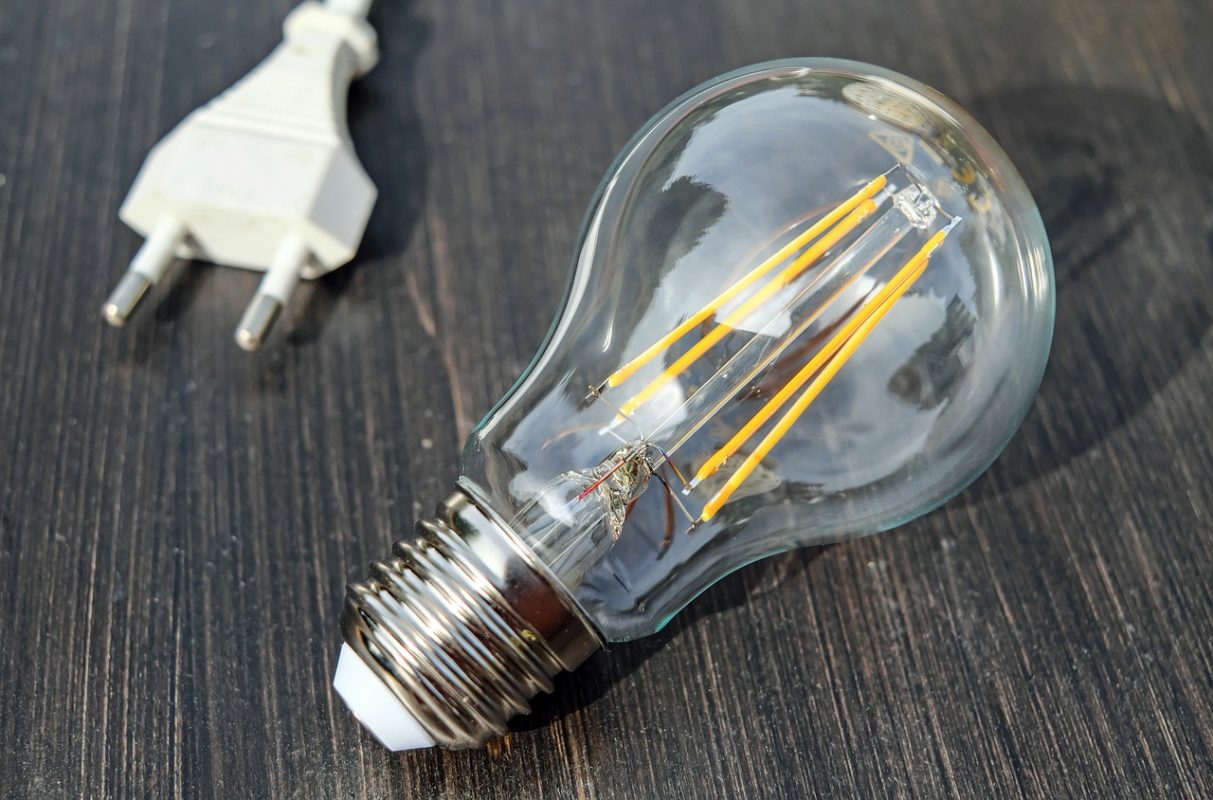الدليل
How to Accurately Calculate Your Electricity Bill Without Guesswork
Understanding your electricity bill can feel overwhelming, especially with variable rates, hidden fees, and seasonal changes. This guide simplifies the process, empowering you to precisely calculate your bill while avoiding common pitfalls.

Breaking Down the Components of Your Electricity Bill
Before diving into calculations, it’s essential to understand the components of your bill:
- Energy Consumption (kWh): The total amount of electricity used in kilowatt-hours.
- Rate per kWh: The cost of electricity per kilowatt-hour, often split into peak and off-peak rates.
- Fixed Charges: Includes service fees and delivery charges that don’t vary with consumption.
- Taxes and Miscellaneous Fees: These are often state-specific and can vary widely.
Step-by-Step Calculation
Determine Your Consumption
Start by checking your electricity meter or recent bill. Note your total kWh usage for the billing period. For appliances, you can estimate usage with this formula:
Appliance Usage (kWh)=Wattage×Hours Used Per Day×Days in Billing Period÷1000
Example: A 1000W heater running 5 hours daily for 30 days:
1000×5×30÷1000=150kWh
Apply Your Rate
Multiply your total consumption by the rate per kWh. If your plan has tiered pricing or peak/off-peak rates, break the calculation into corresponding time segments.
Example: If you used 500 kWh at $0.15/kWh:
500×0.15=$75
Add Fixed Charges and Fees
Include service charges, taxes, and other fees listed on your bill. For simplicity, refer to past bills to estimate a consistent amount for these costs.
Common Misconceptions in Bill Calculation
Many assume their bill is purely based on energy usage. However, fixed charges and fluctuating rates can significantly alter costs. Some guides suggest over-reliance on appliance wattage calculators, which don’t always account for efficiency differences or actual operational patterns.
Tips to Optimize Your Electricity Usage
- Monitor Usage: Use smart meters or energy monitoring apps.
- Leverage Off-Peak Rates: Adjust appliance usage to cheaper rate times.
- Invest in Efficient Appliances: Energy Star-rated devices consume significantly less power.
- Seal Air Leaks: Reducing heating and cooling loss can lower HVAC energy consumption.
FAQ
Can I calculate my bill without my utility provider’s rate details?
You can estimate using average national rates, but accuracy requires your specific plan details.
What is a tiered rate structure?
A tiered rate charges different prices for electricity based on usage levels. Lower rates apply to the initial usage tier, increasing as consumption rises.
How do smart meters help with bill calculation?
Smart meters provide real-time data, showing your energy use by hour, day, or month. This makes it easier to track consumption patterns and calculate costs.